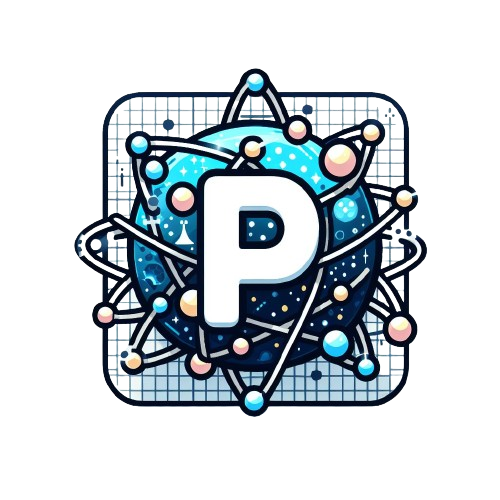Custom Event Messages
To be able to build real world systems, you will need to send events, which will be consumed by subscriptions or third party providers. The sender does/should not need to know, who is consuming this information.
To define a custom event, an event name and a event schema must be set. The command and subscription builders provide the canEmit method, which should be used.
Emitting custom events is quite easy. The function context and the subscription context containing a helper function emit. This async emit function has two parameters. The event name and the optional payload to be sent.
The event name and type is automatically inherited by the definition done with canEmit.
Example:
.canEmit('MyEventName', z.object({ some: z.string() }))
.setCommandFunction(async function ({ emit }, payload, _param) {
await emit('MyEventName', { some: 'Payload' })
}The emitted message will have the current service (name & version & function/subscription-name) as sender address. But there is no receiver defined at all. Emitting a custom event will be broadcasted without a specific receiver. It is up to you, to ensure, that there is somebody who listens for this event.
